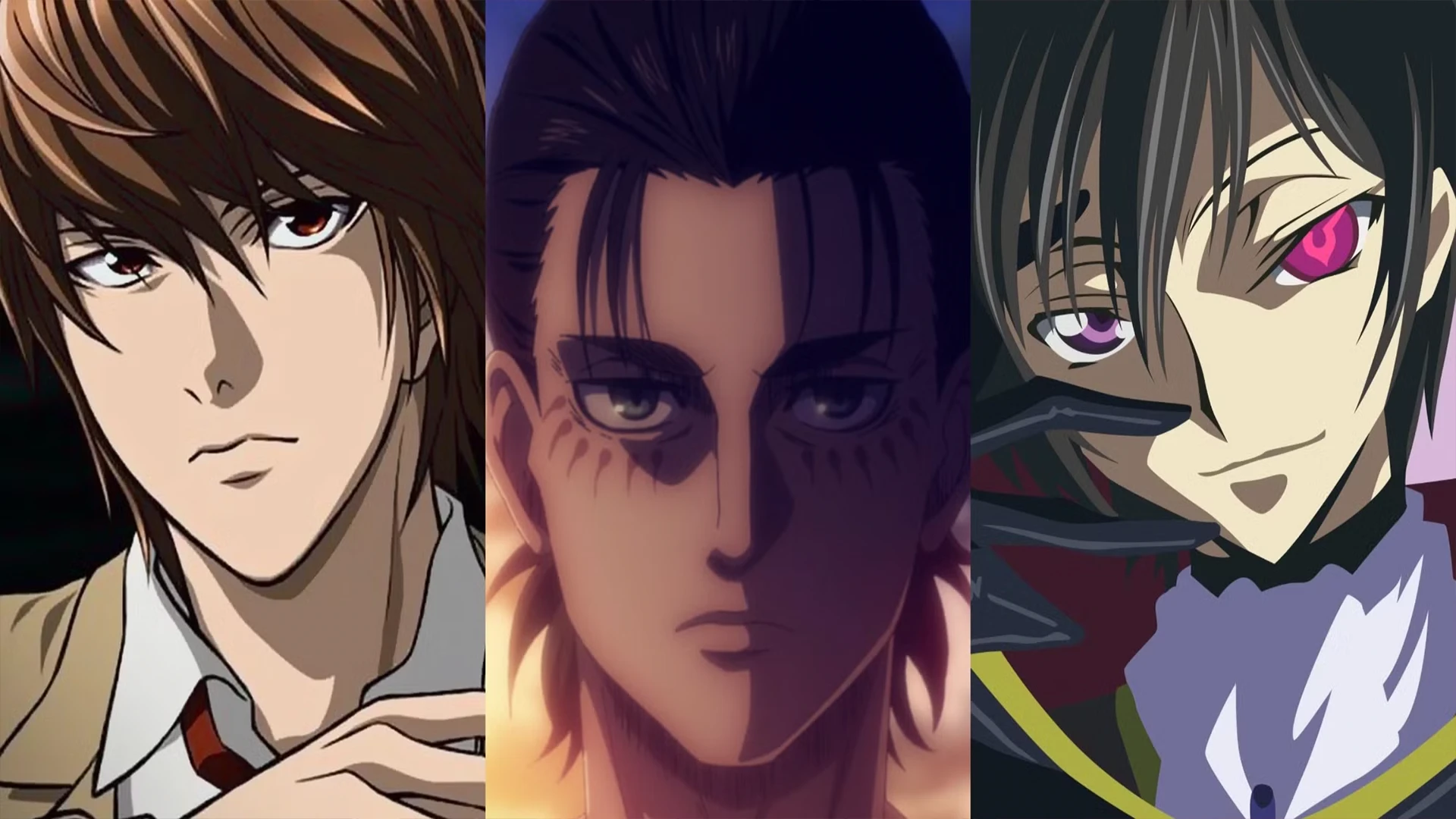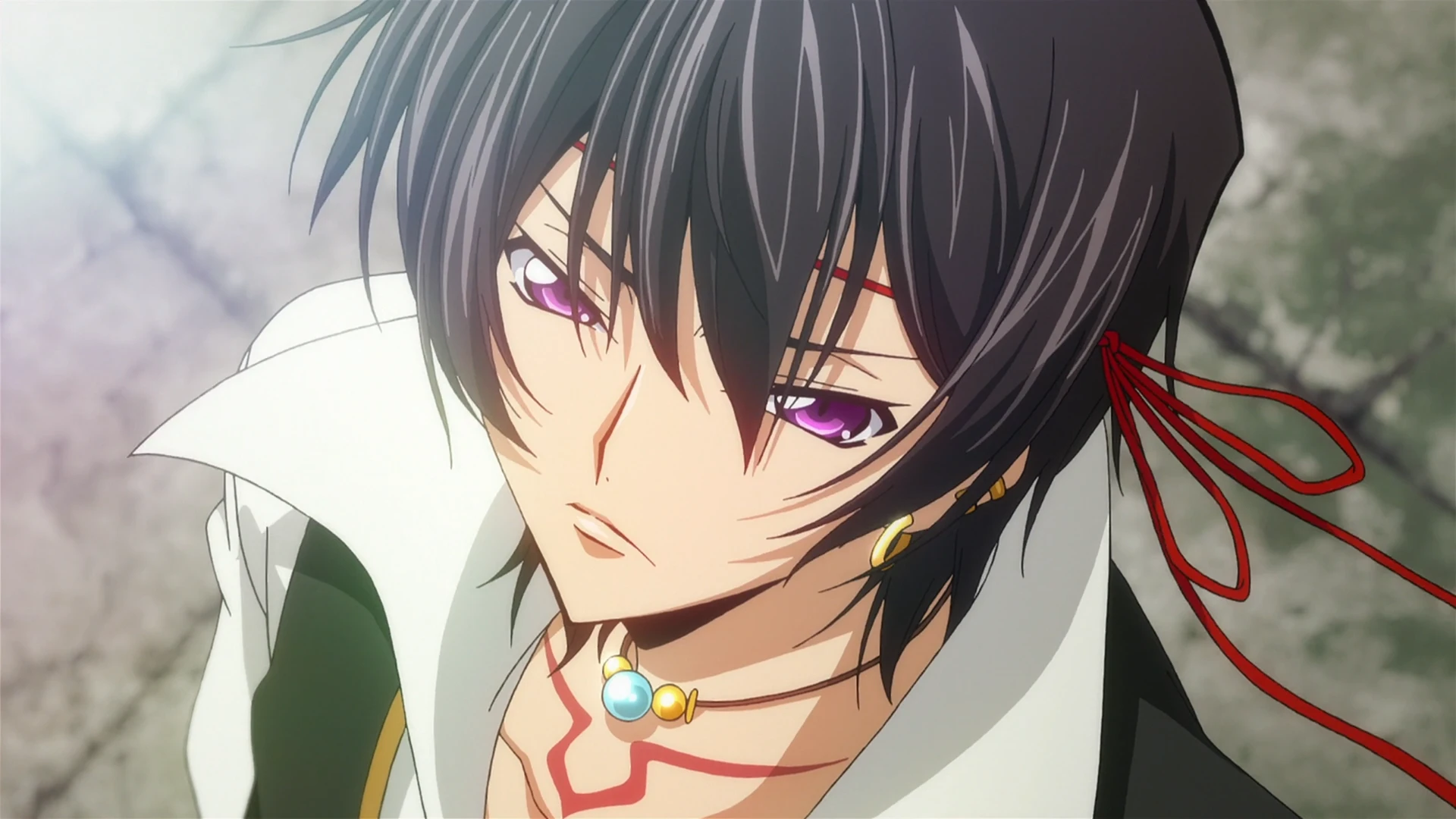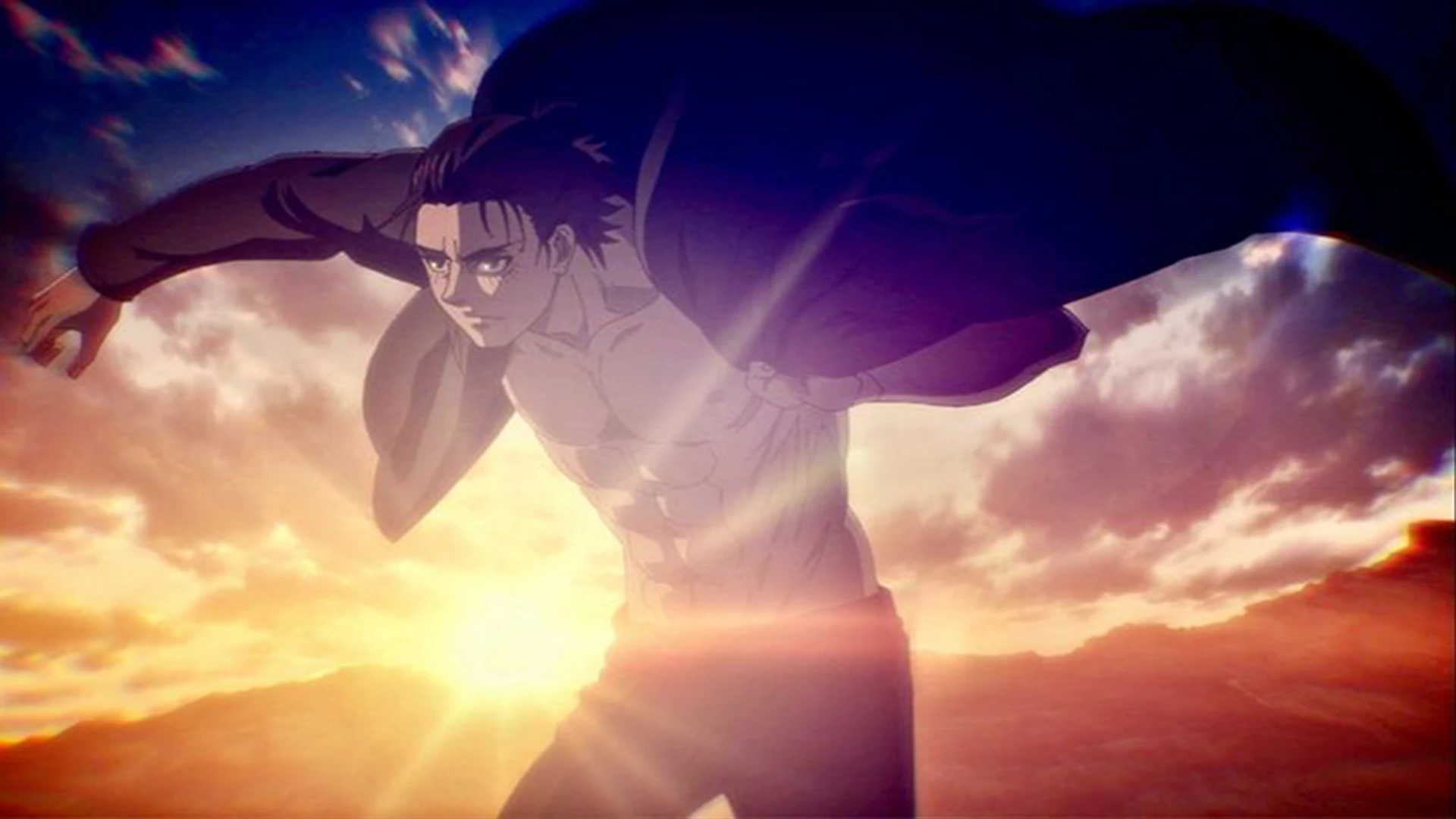
The anti-hero is one of the most compelling archetypes in fiction, and in the modern anime landscape, two names dominate the discussion: Lelouch vi Britannia from Code Geass and Eren Yeager from Attack on Titan. Both are protagonists who commit horrific atrocities for a cause they believe in, but the philosophical foundations of their actions are worlds apart. One plays a game of utilitarian chess, while the other becomes an unstoppable force of nature.
Lelouch's Zero Requiem: A Utilitarian Gambit
As we've explored before, Lelouch's actions are rooted in a desire to create a "gentler world" for his sister. This personal goal expands into a global ambition. His entire war, culminating in the Zero Requiem, is a calculated act of utilitarianism—the idea that the best action is the one that maximizes happiness and minimizes suffering for the greatest number of people. He willingly becomes the world's greatest villain, a singular tyrant for all of humanity to hate. By orchestrating his own death, he sacrifices himself, his reputation, and the lives of many to bring about an unprecedented era of global peace. His actions are monstrous, but his goal is constructive and universal.

Eren's Rumbling: An Absolutist March
Eren Yeager begins his journey with a simple, righteous goal: kill all the Titans. However, as he learns the truth of the world, his objective shifts. His final plan, the Rumbling, is not utilitarian. It is an act of brutal absolutism. To protect the people he loves on the island of Paradis, he decides to eliminate everyone else in the world. He doesn't seek to create a better world for all; he seeks to guarantee the survival of his "in-group" by annihilating the "out-group." He doesn't become a villain to unite humanity; he accepts that he is a villain to save only a fraction of it.

The Moral Divide: Global Peace vs. Absolute Survival
Here lies the fundamental difference. Lelouch's plan was designed to save the entire world by giving it a common enemy: himself. He directed the world's hatred inward, onto a symbol he created, to break the cycle of violence. His endgame was peace and unity.
Eren's plan, however, directs his hatred outward. He sees no path to peace or understanding, only the complete destruction of his enemies to ensure the freedom of his friends. His endgame is survival for a select few at the cost of billions. Lelouch played a complex game of moral chess to save the board; Eren decided to flip the board over and destroy all the pieces that weren't his.
Both characters challenge us to ask uncomfortable questions about the cost of peace and freedom. But while Lelouch is a dark knight sacrificing himself for the world, Eren is a tragic monster sacrificing the world for his home.